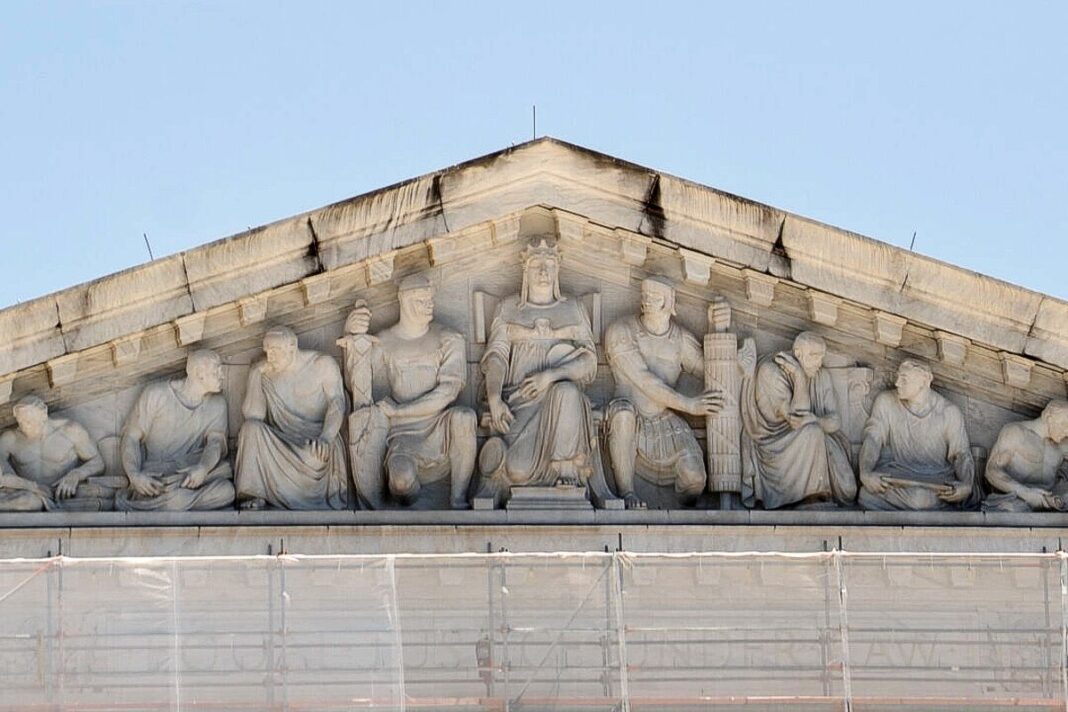The comment comes after Trump said the United States knows where the Iranian leader is staying.
Iranian leader Ayatollah Ali Khamenei has rejected a call by U.S. President Donald Trump for Iran to unconditionally surrender amid the regime’s aerial war with Israel.
Earlier this week, Trump called for the “unconditional surrender” of Iran’s regime, led by Khamenei, as Israel launched a number of airstrikes against Iranian infrastructure, including its nuclear facilities, in the past five days. Iran has responded by firing hundreds of missiles at Israel.
“The US President threatens us. With his absurd rhetoric, he demands that the Iranian people surrender to him. They should make threats against those who are afraid of being threatened. The Iranian nation isn’t frightened by such threats,” Khamenei wrote in a post on X on Wednesday morning in response to Trump.
Iranian state television also aired footage of Khamenei giving a statement that was read out by a TV anchor on Wednesday, including a warning to the United States that joining the Israeli strikes targeting his country will “result in irreparable damage for them.”
Khamenei’s remarks follow Trump’s post on Truth Social, in which the president wrote that the United States and Israel “know exactly where the so-called ‘Supreme Leader’ is hiding” before adding that “he is an easy target, but is safe there.”
“We are not going to take him out (kill!), at least not for now,” the president added. “But we don’t want missiles shot at civilians, or American soldiers. Our patience is wearing thin.”
Meanwhile, Israeli Defense Minister Israel Katz wrote on X that “a tornado continues to hit Tehran” and that the Israeli Air Force has “now destroyed the Iranian regime’s Internal Security Headquarters,” according to a translation.
“As we promised—we will continue to harm symbols of government and strike at the ayatollah regime everywhere,” he wrote.
Trump urged Tehran’s 10 million or so residents to evacuate earlier this week as he also departed early from the G7 summit in Canada to return to Washington. While the president initially distanced the United States from the Israeli strikes on Iran, he has suggested greater U.S. involvement in the conflict in multiple social media posts and remarks to reporters.







